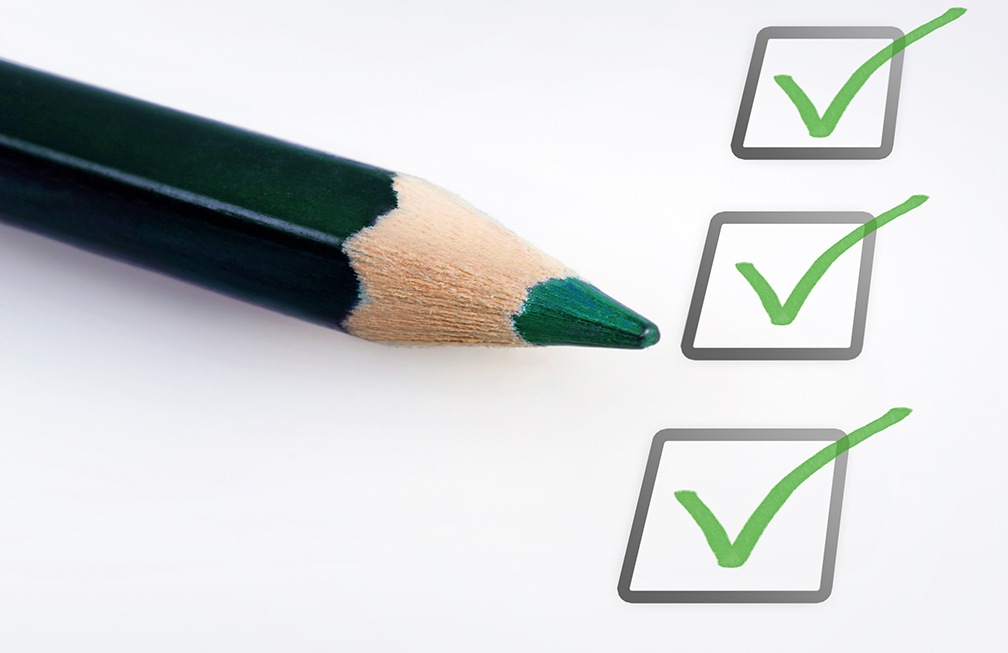 Owning a home is important to military veterans just like the majority of other consumers. The Veteran’s Administration has provided an exceptional benefit for those who have served (or are currently serving) in any of the armed forces. And this VA Loan Program is helping thousands of service members achieve the goal of home ownership.
Owning a home is important to military veterans just like the majority of other consumers. The Veteran’s Administration has provided an exceptional benefit for those who have served (or are currently serving) in any of the armed forces. And this VA Loan Program is helping thousands of service members achieve the goal of home ownership.
There are a number of questions that come up regarding the fees and qualifications of the VA Loan Program.
What Are The Specific VA Fees?
Many veterans and active military personnel like the fact that VA loans don’t require private mortgage insurance (PMI). PMI has served as a thorn in the side countless home buyers who couldn’t manage a 20 percent down payment. The good news is that VA loans don’t requre mortgage insurance, even with no down payment at all.
To compensate for the absence of mortgage insurance, the government charges most borrowers a VA Funding Fee. Depending on individual circumstances and the type of funding you need (first-time home purchase versus refinance, for example), this fee can range from.5 percent to 3.3 percent of your mortgage amount.
Fortunately, applicants on disability and surviving spouses may be exempt from this requirement.
Are There Any Administrative Concerns Regarding VA Home Loans?
VA loans are generally as easy to attain as any other government or conventional mortgage loan products, but they do have some unique qualifications to consider. These issues just need to be known and addressed appropriately throughout the transaction to ensure it goes smoothly.
For instance, if you and your spouse both serve in the military and you want to buy a home together, each of your VA entitlements must go through separate processing and approval procedures.
A VA loan also calls for a specific type of home appraisal called a Minimum Property Requirements (MPR) inspection. This should not be confused with the traditional home inspection. The MPR is the required appraisal by an independent VA appraiser. These appraisers typically dig into the home’s tiniest details, which can also be helpful by uncovering potential issues with the home.
Any home improvement or construction work currently under way may delay the approval process. You can minimize these issues by making sure that both your lender and your REALTOR have extensive experience in working with VA loans.
How Can A VA Loan Save Me Money?
Properly finessed, a VA loan for the right amount, and at the right interest rate, can edge out conventional loans. For instance, that VA Funding Fee, unwelcome as it might seem, could cost substantially less than the down payment you might otherwise put down on a conventional loan — without the need to pay mortgage insurance premiums for the first several years of your home ownership.
While the monthly mortgage payments might not look dramatically different on paper, even a savings of $100 a month can make an enormous difference to your financial health over the life of your mortgage loan.
VA loans can indeed provide some important benefits and buying power for our nation’s past and present military service professionals. Take the time to examine all your options so you can obtain the mortgage loan package that best serves your specific needs and goals.
Ultimately, however, you should probably sit down with your trusted real estate professional who can advise you on your wisest course of action.
 Before an owner can market a property to buyers that want to use a FHA loan, he will want to familiarize himself with the FHA’s standards. FHA won’t insure loans on just any property. While their standards aren’t as stringent as they used to be, a home needs to be in relatively good condition to qualify for FHA financing.
Before an owner can market a property to buyers that want to use a FHA loan, he will want to familiarize himself with the FHA’s standards. FHA won’t insure loans on just any property. While their standards aren’t as stringent as they used to be, a home needs to be in relatively good condition to qualify for FHA financing. When you are purchasing a home, your lender may recommend you obtain a mortgage pre-approval before you find the home of your dreams. There are some benefits to being pre-approved before you find a home, but oftentimes, people confuse pre-qualifications with pre-approvals.
When you are purchasing a home, your lender may recommend you obtain a mortgage pre-approval before you find the home of your dreams. There are some benefits to being pre-approved before you find a home, but oftentimes, people confuse pre-qualifications with pre-approvals. Several generations ago, lenders required home buyers to have a 20 percent down payment in order to get a mortgage. While there were a few options out there for people who couldn’t save this substantial amount, the reality was that for the majority of people, the 20 percent down was a requirement.
Several generations ago, lenders required home buyers to have a 20 percent down payment in order to get a mortgage. While there were a few options out there for people who couldn’t save this substantial amount, the reality was that for the majority of people, the 20 percent down was a requirement. Like credit cards or car loans, some mortgages allow borrowers to have co-signers on the loan with them, enhancing their application. However, a co-signer on a mortgage loan doesn’t have the same impact that it might on another loan. Furthermore, it poses serious drawbacks for the co-signer.
Like credit cards or car loans, some mortgages allow borrowers to have co-signers on the loan with them, enhancing their application. However, a co-signer on a mortgage loan doesn’t have the same impact that it might on another loan. Furthermore, it poses serious drawbacks for the co-signer. Often times, home buyers can be disappointed when they find their dream home only to discover they are not able to get a mortgage to purchase the property. There are methods that potential buyers can use to ensure this does not happen to them.
Often times, home buyers can be disappointed when they find their dream home only to discover they are not able to get a mortgage to purchase the property. There are methods that potential buyers can use to ensure this does not happen to them. When you are considering purchasing a home , understanding the lending guidelines regarding a down payment is important.
When you are considering purchasing a home , understanding the lending guidelines regarding a down payment is important.  Are you current or former member of the US military service who is looking to buy a new home? If so, you will be pleased to know that there are some special mortgage programs that are open to you. Let’s take a look at five reasons why a mortgage backed by the Department of Veterans Affairs is an excellent choice when buying your new home.
Are you current or former member of the US military service who is looking to buy a new home? If so, you will be pleased to know that there are some special mortgage programs that are open to you. Let’s take a look at five reasons why a mortgage backed by the Department of Veterans Affairs is an excellent choice when buying your new home. The economy seems to be heating up rapidly, but home loan interest rates are still at historically low levels. Real estate values have climbed a bit across the country, but low interest rates and affordable prices makes for an excellent opportunity for new homeowners to get into their first home before it rates and prices rise higher.
The economy seems to be heating up rapidly, but home loan interest rates are still at historically low levels. Real estate values have climbed a bit across the country, but low interest rates and affordable prices makes for an excellent opportunity for new homeowners to get into their first home before it rates and prices rise higher. Are you ready to join the ranks of homeowners in our local community? Congratulations – homeownership is a big step towards building your net worth and financial freedom.
Are you ready to join the ranks of homeowners in our local community? Congratulations – homeownership is a big step towards building your net worth and financial freedom.